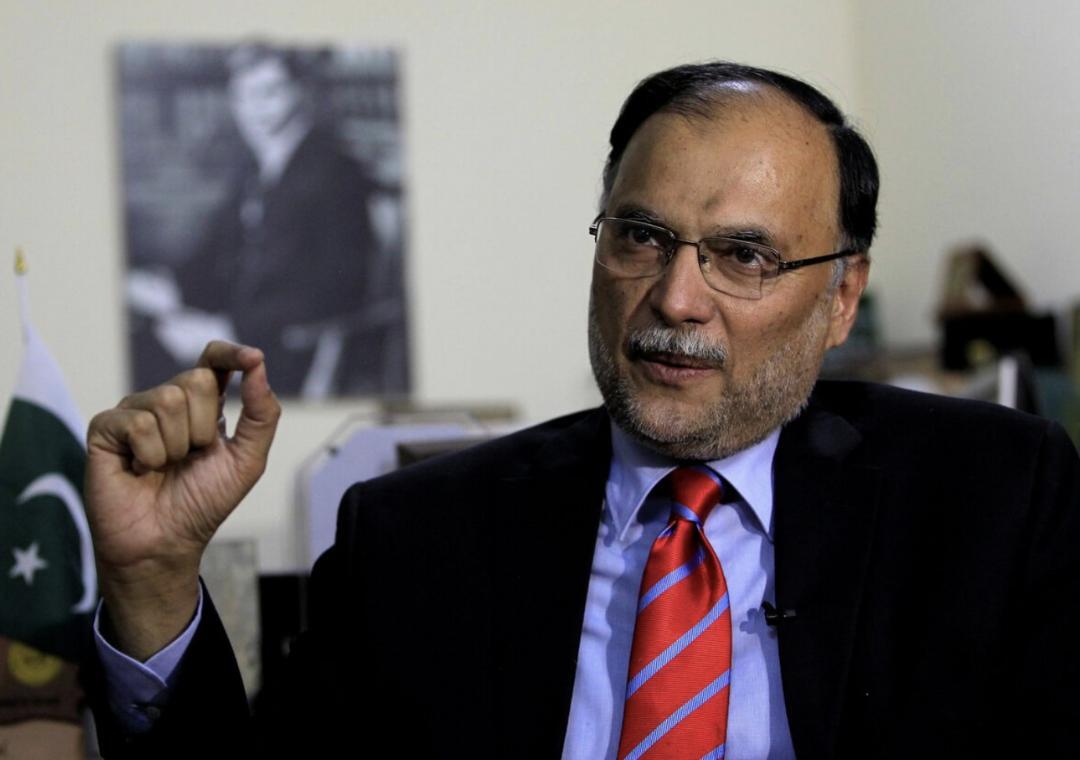
We dropped the catch: Pak Minister on ‘game-changer’ CPEC project
In a candid admission, Pakistan’s Planning Minister Ahsan Iqbal has acknowledged that the country failed to reap the benefits of the highly-touted China-Pakistan Economic Corridor (CPEC) project. The minister’s remarks have sparked a fresh debate on the country’s ability to capitalize on its strategic relationships and investments. According to Iqbal, “We dropped the catch,” implying that the country’s inability to capitalize on the CPEC project was a missed opportunity of monumental proportions.
The CPEC project, launched in 2015, was hailed as a “game-changer” for Pakistan’s economy. The massive infrastructure project, valued at over $60 billion, aimed to connect China’s northwestern Xinjiang region with Pakistan’s southern port city of Gwadar. The project was expected to boost Pakistan’s economy by creating new trade routes, generating employment opportunities, and stimulating economic growth. However, the project’s progress has been marred by controversy, delays, and bureaucratic red tape.
Iqbal’s admission is a stark reminder of the country’s inability to leverage its strategic relationships to drive economic growth. The minister pointed out that China had stood by Pakistan during difficult times, but the country’s political elements had attempted to scandalize Chinese investments, forcing them to leave. This, according to Iqbal, had a detrimental impact on the CPEC project, which was initially expected to be a catalyst for Pakistan’s economic revival.
The minister squarely blamed the previous Imran Khan-led PTI government for “scaring off” investors and creating an unfavorable business environment. The PTI government’s policies, according to Iqbal, had created uncertainty and instability, which ultimately led to the CPEC project’s stagnation. The minister’s remarks are a clear indication that the current government is attempting to distance itself from the previous administration’s policies, which are perceived as having hindered the country’s economic progress.
The CPEC project’s slow progress has been a subject of concern for both Pakistan and China. The project’s initial momentum has slowed down significantly, with many of its components facing delays and cost overruns. The project’s stagnation has also raised concerns about the country’s ability to service its debt obligations, which have increased significantly in recent years.
Iqbal’s admission has sparked a debate on the country’s economic management and its ability to capitalize on strategic investments. The minister’s remarks have been seen as a candid acknowledgment of the country’s failures and a attempt to set the record straight. However, the opposition parties have been quick to criticize the government for its inability to deliver on its promises and capitalize on the CPEC project’s potential.
The CPEC project’s failure to deliver on its promises has significant implications for Pakistan’s economy. The country’s economic growth has been sluggish in recent years, and the CPEC project was seen as a potential catalyst for growth. The project’s stagnation has also raised concerns about the country’s ability to attract foreign investment, which is essential for driving economic growth.
In conclusion, Pakistan’s Planning Minister Ahsan Iqbal’s admission that the country “dropped the catch” on the CPEC project is a stark reminder of the country’s inability to capitalize on its strategic relationships and investments. The minister’s remarks have sparked a fresh debate on the country’s economic management and its ability to deliver on its promises. As the country struggles to revive its economy, it is essential to learn from the mistakes of the past and create a favorable business environment that attracts foreign investment and drives economic growth.






